Why Spain is a great place for kids
Choosing the city that's right for you
Choosing the visa that's right for you
More than just great weather
Why Spain provides a better quality of life
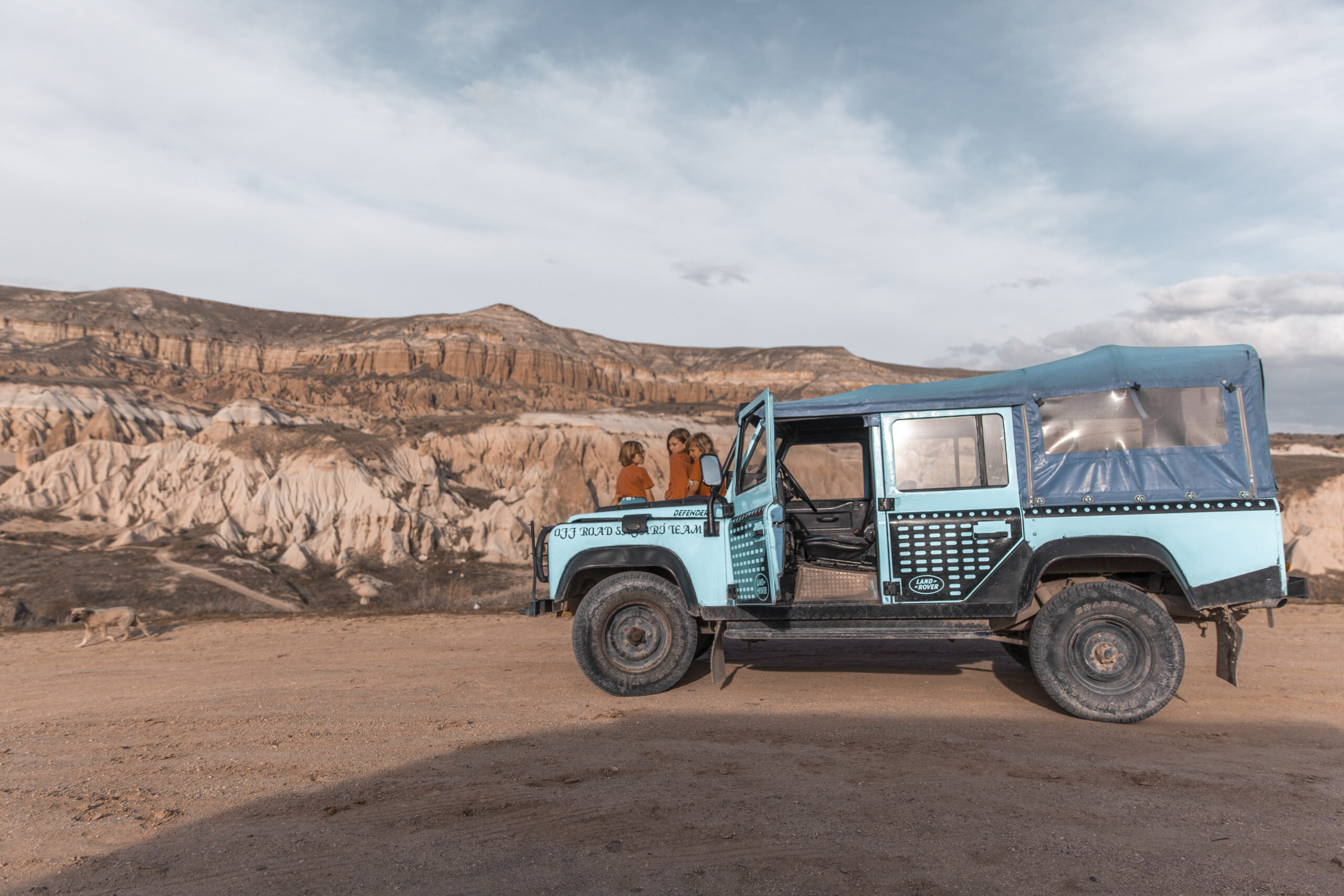
How we Plan
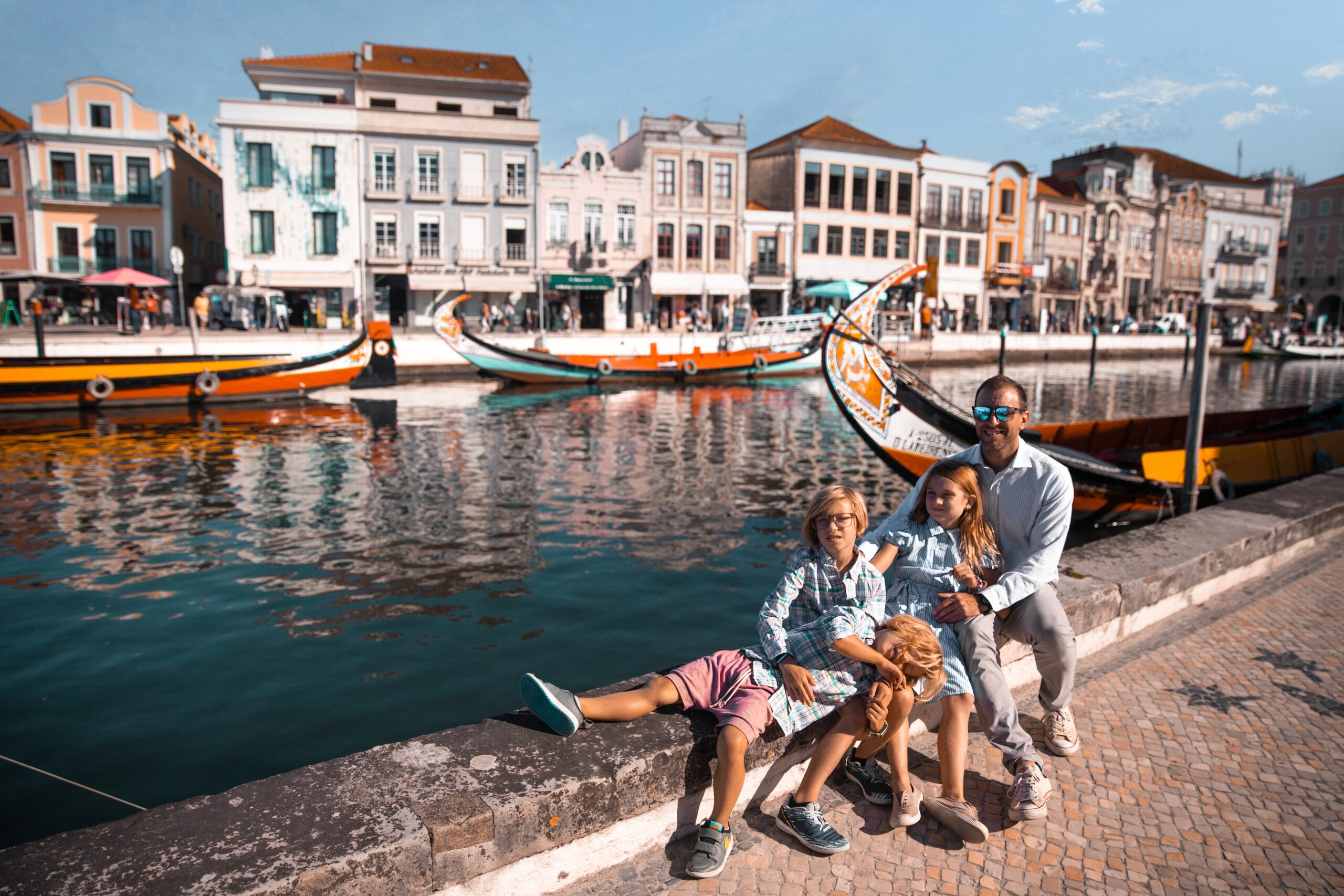
What we pack
Choosing Travel Insurance
Book Your Hotel
with Booking.com
Book Your Car
with RentalCars.com
Book Your Flight
with Skyscanner.com
Book Your Tour
with GetYourGuide.com
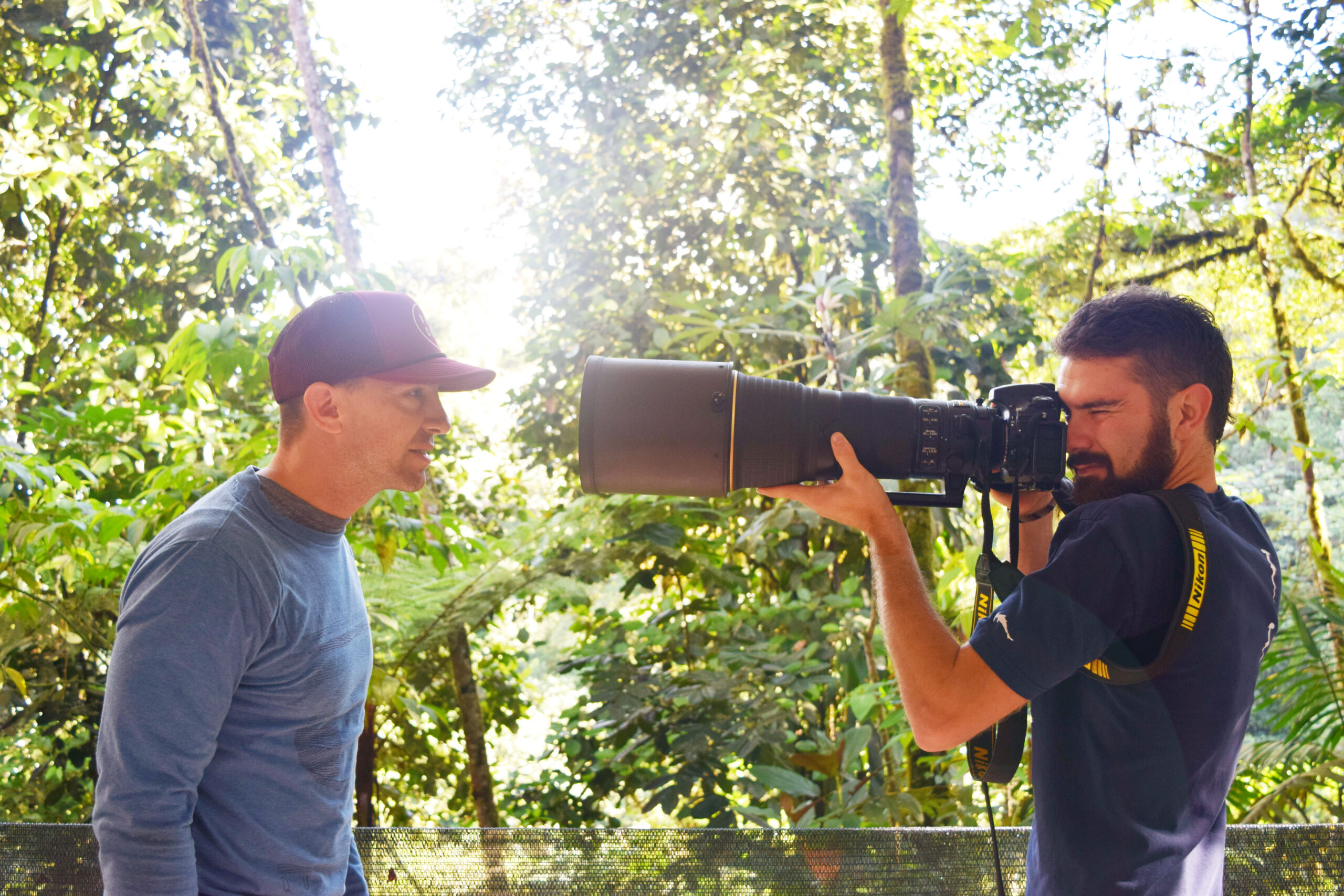
Our Camera Gear
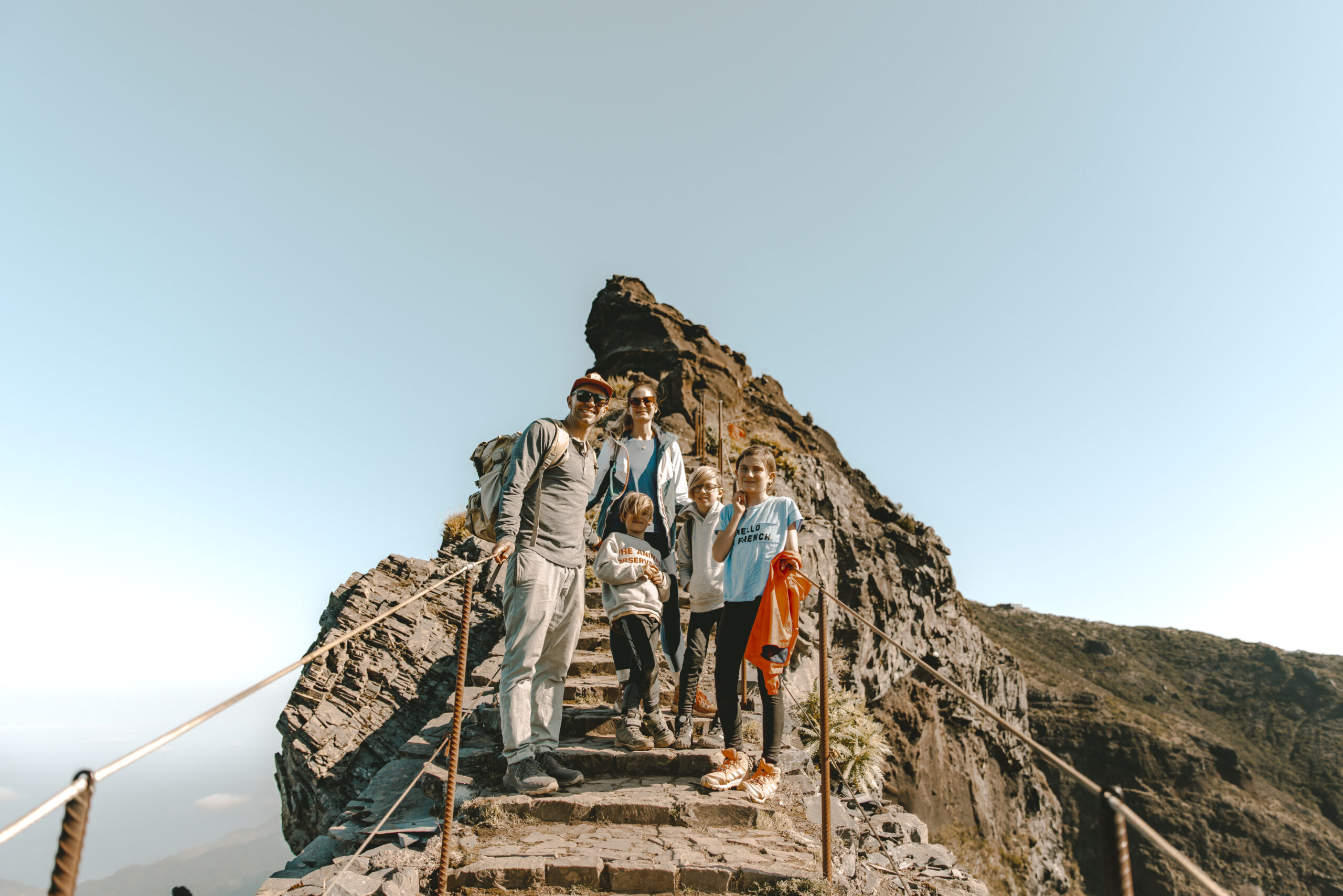
How We Fly
Choosing Your Destination
Guide to...
Malawi
Malawi, the “Warm Heart of Africa,” unfolds a tapestry of stunning landscapes around the shimmering Lake Malawi, where golden beaches meet the vibrant cultures of friendly locals, creating a unique destination that combines natural beauty with genuine hospitality.
Map
Weather
Itineraries
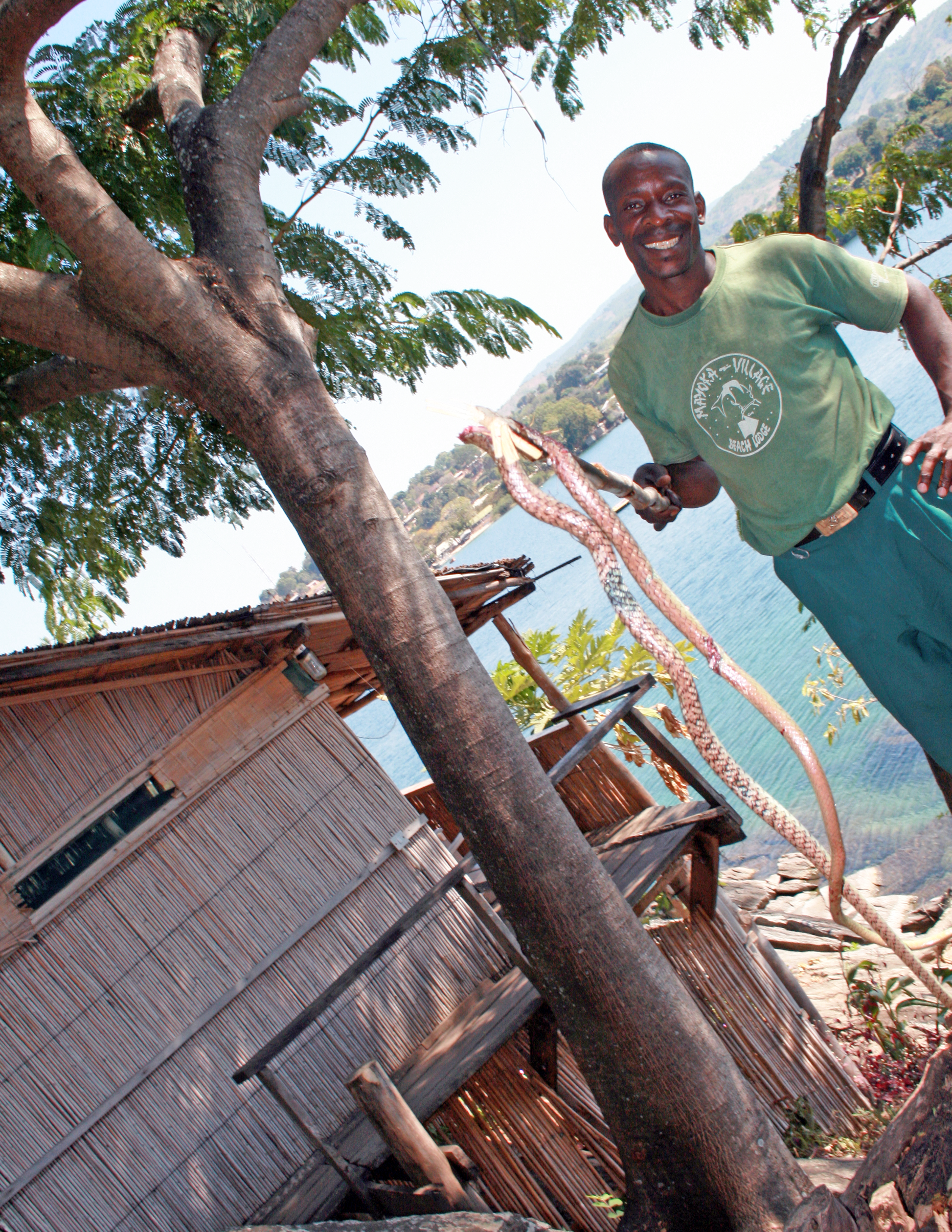
Coming Soon...
lake malawi
Top Five Restaurants in lake malawi
Nestled in The Makokola Retreat, this restaurant offers a unique dining experience with a blend of local and international cuisines. The beachfront location provides stunning views of Lake Malawi, making it a perfect spot for a romantic dinner or a family outing. The use of fresh, locally sourced ingredients ensures a delightful culinary adventure.
Located within the Sunbird Nkopola Lodge, this restaurant boasts a varied menu featuring Malawian specialties and international dishes. The relaxed atmosphere and panoramic lake views make it a popular choice among tourists and locals alike. The restaurant’s commitment to quality and service ensures a memorable dining experience.
Set on the picturesque Likoma Island, Kaya Mawa Restaurant offers an exquisite menu that combines fresh seafood with Malawian flavors. The restaurant’s intimate setting, complemented by its stunning lake views, provides an idyllic dining experience. Guests rave about the chef’s creativity and the exceptional service.
Situated at Mgoza Lodge, this restaurant is renowned for its laid-back atmosphere and delicious food. The menu features a mix of local and international dishes, with an emphasis on fresh, seasonal ingredients. The lakeside setting adds to the charm, making it a favorite spot for both travelers and locals.
Located in Cape Maclear, Danforth Yachting Restaurant offers a delightful dining experience with a focus on fresh seafood and Malawian cuisine. The restaurant’s open-air setting provides breathtaking views of Lake Malawi, enhancing the dining experience. Guests appreciate the friendly service and the chef’s innovative dishes.
Top Five HotelS in lake malawi
Pumulani Lodge offers luxury accommodation with breathtaking views of Lake Malawi. The lodge features spacious villas, a private beach, and a range of activities, including snorkeling and kayaking. The attentive staff and excellent facilities make it a top choice for visitors.
Situated on Likoma Island, Kaya Mawa provides a unique blend of rustic charm and modern luxury. The individually designed rooms offer stunning lake views, and the on-site activities include diving and sailing. Guests praise the warm hospitality and serene atmosphere.
This retreat offers a perfect blend of relaxation and adventure, with luxurious rooms, a golf course, and various water sports. The lush gardens and private beach make it an ideal getaway for couples and families. The retreat’s top-notch service and amenities ensure a memorable stay.
Sunbird Livingstonia Beach is known for its beautiful beachfront location and comfortable accommodations. The hotel offers a range of activities, including beach volleyball and boat tours. Its excellent service and friendly staff make it a favorite among visitors.
Located on Nankoma Island, this eco-friendly lodge offers unique accommodation options and stunning lake views. The lodge’s focus on sustainability and its range of activities, such as snorkeling and bird watching, attract nature enthusiasts. Guests appreciate the tranquil setting and personalized service.
FAQ's
What are the main things to do with kids in Malawi?
Malawi offers several activities and attractions that can be enjoyed by children and families. Here are some of the main things to do with kids in Malawi:
1. Visit wildlife reserves and national parks: Malawi has several national parks and wildlife reserves, such as Liwonde National Park and Majete Wildlife Reserve, where children can see various animals like elephants, hippos, and crocodiles in their natural habitats.
2. Enjoy water activities on Lake Malawi: Lake Malawi is a popular destination for swimming, snorkeling, and beach activities. Children can enjoy the sandy beaches and calm waters of the lake.
3. Explore the Lilongwe Wildlife Centre: Located in the capital city, Lilongwe, this wildlife sanctuary offers an opportunity for children to learn about wildlife conservation and see rescued animals like monkeys, reptiles, and birds.
4. Visit the Kungoni Centre of Culture and Art: This cultural center near Dedza offers workshops and exhibits showcasing traditional Malawian art, dance, and music, providing an educational and entertaining experience for children.
5. Attend local festivals and events: Malawi hosts several cultural festivals throughout the year, such as the Lake of Stars Music Festival and the Blantyre Arts Festival, which can be fun for kids to attend.
6. Engage in outdoor activities: Malawi’s landscape offers opportunities for hiking, camping, and birdwatching, which can be enjoyable for children who love nature and the outdoors.
7. Visit tea and coffee plantations: Malawi is known for its tea and coffee production. Visiting a plantation can be an educational experience for children to learn about the cultivation and processing of these crops.
Remember to take necessary precautions, such as ensuring children are protected against malaria, staying hydrated, and using sun protection, to ensure a safe and enjoyable experience.
What is Malawi famous for?
Malawi, a landlocked country in southeastern Africa, is known for several things:
1. Lake Malawi: This vast lake, also known as Lake Nyasa, is the third-largest lake in Africa and is known for its clear waters, sandy beaches, and diverse fish species, including colorful cichlids.
2. Friendly people: Malawi is often referred to as the “Warm Heart of Africa” due to the friendliness and hospitality of its people.
3. Natural beauty: Malawi boasts diverse landscapes, from the rolling hills of the Nyika Plateau to the Shire River and its waterfalls.
4. Wildlife: Despite its small size, Malawi is home to various wildlife, including elephants, hippos, crocodiles, and several antelope species, which can be seen in its national parks and reserves.
5. Tea and tobacco production: Malawi is one of the world’s largest producers of tea and tobacco, with these crops being significant contributors to the country’s economy.
6. Lilongwe Wildlife Centre: Located in the capital city, Lilongwe, this wildlife sanctuary is known for its work in rescuing and rehabilitating animals, particularly primates.
7. Malawian music and dance: Traditional music and dance, such as the Gule Wamkulu, are an essential part of Malawian culture and are often performed during ceremonies and festivals.
8. Lake of Stars Music Festival: This annual music festival held on the shores of Lake Malawi attracts international artists and visitors, showcasing Malawian and African music talent.
9. Malawi Gin: This gin, made from sugarcane, is a popular local drink and is also exported to other countries.
10. Madonna’s adoptions: The international pop star Madonna has adopted four children from Malawi, which has brought some media attention to the country.
What power plug type does Malawi use?
Malawi primarily uses two types of power plugs and sockets:
1. Type G (BS 1363): This is the most common type, featuring three rectangular pins arranged in a triangular pattern. It is the same plug used in the United Kingdom, Ireland, and several other countries. The voltage is typically 230V, and the frequency is 50Hz.
2. Type C (CEE 7/16): This European-style plug has two round pins and is compatible with Type E and Type F sockets. While less common than Type G, some establishments may have Type C sockets available. The voltage for this type is also typically 230V, and the frequency is 50Hz.
It’s important to note that some older buildings might still have the old British standard Type D and M sockets, but these are being phased out. Travelers are advised to bring a suitable adapter for their electrical devices, especially if they are coming from countries that do not use Type G plugs. It’s also a good idea to check the voltage requirements of your devices to ensure compatibility with Malawi’s electrical system.
Is Malawi safe?
Malawi is generally considered one of the safer countries to visit in Africa, with a relatively low crime rate and a reputation for friendly, welcoming people. However, like any country, there are some safety concerns to be aware of:
1. Petty crime: Pickpocketing and theft can occur, particularly in urban areas and tourist hotspots. Visitors should take precautions such as keeping valuables secure and being aware of their surroundings.
2. Road safety: Road conditions can be poor, and traffic accidents are common. Visitors should exercise caution when driving or crossing the street, especially at night.
3. Malaria: Malawi has a high risk of malaria, so visitors should take preventive measures such as taking anti-malarial medication and using mosquito nets and repellent.
4. Bilharzia: This parasitic infection can be contracted by swimming in freshwater lakes and rivers, including Lake Malawi. Visitors should seek medical advice before swimming and after potential exposure.
5. Political demonstrations: While rare, political demonstrations can sometimes turn violent. Visitors should avoid any demonstrations or large gatherings and follow local news for updates.
6. Wildlife: While attacks are rare, visitors to national parks and wildlife reserves should follow the guidance of park rangers and maintain a safe distance from wild animals.
Despite these concerns, most visits to Malawi are trouble-free. By taking sensible precautions and staying informed, visitors can minimize risks and enjoy their time in the country. It’s always a good idea to check the latest travel advisories from your government before traveling to any foreign country.
How can a Malawi travel guide help you explore the country's vibrant culture and stunning landscapes?
A Malawi travel guide can be an invaluable resource for exploring the country’s rich culture and beautiful landscapes. Here are some ways a good travel guide can enhance your experience:
1. Highlight top attractions: A travel guide will showcase the must-see destinations in Malawi, such as Lake Malawi, national parks and wildlife reserves, cultural sites, and historical landmarks. This helps you prioritize your itinerary and ensures you don’t miss the country’s most significant attractions.
2. Provide cultural insights: Malawi has a vibrant culture with diverse ethnic groups, languages, traditions, and artistic expressions. A travel guide can offer insights into Malawian culture, including customs, etiquette, festivals, and local cuisine, helping you appreciate and engage with the local way of life.
3. Offer practical information: A travel guide will provide essential information such as visa requirements, currency, transportation options, accommodations, health and safety tips, and local laws and customs. This practical advice helps you plan your trip effectively and minimizes potential challenges.
4. Recommend activities and experiences: Whether you’re interested in water sports on Lake Malawi, wildlife safaris, hiking, birdwatching, or cultural workshops, a travel guide can recommend the best activities and experiences to suit your interests and help you make the most of your time in Malawi.
5. Suggest off-the-beaten-path destinations: While a guide will cover popular attractions, it can also introduce you to lesser-known gems, such as hidden beaches, secluded hiking trails, or local villages, allowing you to discover the country beyond the typical tourist path.
6. Provide maps and navigation assistance: Travel guides often include detailed maps and directions to help you navigate cities, towns, and natural attractions, making it easier to explore independently and plan your routes.
7. Offer language tips: A guide may include a basic phrasebook or language tips to help you communicate with locals, even if you don’t speak Chichewa, the national language.
A well-researched and up-to-date Malawi travel guide can be a valuable companion on your journey, helping you understand, appreciate, and immerse yourself in the country’s captivating culture and stunning natural beauty.
What should you look for when choosing the best Malawi travel packages?
When selecting the best Malawi travel packages, consider the following factors to ensure you have a memorable and satisfying experience:
1. Reputation and expertise of the tour operator: Choose a reputable travel company with experience in organizing tours in Malawi. Read reviews from previous clients and check their credentials to ensure they are reliable, knowledgeable, and provide high-quality services.
2. Itinerary and included activities: Carefully review the itinerary to ensure it covers the destinations and activities that interest you most, such as wildlife safaris, cultural experiences, or beach relaxation. Check if the package includes guided tours, entrance fees, and transportation to the sites you want to visit.
3. Accommodation quality: Consider the quality and location of the accommodations included in the package. Look for clean, comfortable, and well-maintained lodges or hotels that meet your preferences and budget. Check if meals are included and if they cater to any dietary restrictions you may have.
4. Transportation: Evaluate the mode of transportation included in the package. Ensure that the vehicles are well-maintained, comfortable, and suitable for the terrain you’ll be traveling on. If you’re visiting remote areas, check if the package includes 4WD vehicles or flights to minimize travel time.
5. Group size and demographics: Consider the maximum group size and the target audience for the package. Smaller group tours often provide a more intimate and personalized experience, while larger groups may be more cost-effective. Some packages cater to specific demographics, such as families, seniors, or solo travelers, so choose one that aligns with your preferences.
6. Flexibility and customization: Look for packages that offer some flexibility in terms of activities, accommodations, or dates. Some operators may allow you to customize your itinerary to include specific interests or destinations.
7. Value for money: Compare prices and inclusions across different tour operators to ensure you’re getting a fair deal. Keep in mind that the cheapest option may not always offer the best value, so balance cost with the quality of accommodations, transportation, and included activities.
8. Sustainable and responsible tourism practices: Consider choosing a tour operator that prioritizes sustainable and responsible tourism practices, such as supporting local communities, minimizing environmental impact, and promoting conservation efforts.
9. Safety and support: Ensure that the tour operator has robust safety protocols in place and provides adequate support throughout the trip. Check if they have a local representative or a 24/7 emergency contact available to assist you if needed.
By carefully evaluating these factors, you can select a Malawi travel package that best suits your interests, budget, and travel style, ensuring an enjoyable and memorable experience in this beautiful country.
What are the current Malawi travel restrictions and how do they affect your trip plans?
As of May 2024, the current travel restrictions for Malawi are as follows:
1. Vaccination requirements: All travelers entering Malawi must present a valid COVID-19 vaccination certificate showing they have been fully vaccinated. Accepted vaccines include those approved by the World Health Organization (WHO) or the Malawi government.
2. Testing requirements: Unvaccinated travelers or those without a valid vaccination certificate must present a negative COVID-19 PCR test result taken within 72 hours before arrival in Malawi. Rapid antigen tests are not accepted.
3. Health screening: All travelers are subject to health screening upon arrival in Malawi, which may include temperature checks and a health questionnaire.
4. Quarantine: As of May 2024, fully vaccinated travelers are not required to quarantine upon arrival. However, unvaccinated travelers or those who test positive for COVID-19 may be subject to a mandatory quarantine period at their own expense.
5. Travel documentation: Travelers must complete an online travel authorization form before arrival and present a printed copy to immigration officials. They must also have a valid passport and visa (if required based on nationality).
6. Local restrictions: Malawi may have local restrictions in place, such as mask mandates, social distancing requirements, or capacity limits for public gatherings and establishments. Travelers should follow local guidelines and stay informed of any updates.
These restrictions may affect your trip plans in several ways:
1. Vaccination and testing requirements may impact your pre-travel preparations, as you’ll need to ensure you have the necessary documents and meet the specified criteria before departure.
2. Health screening and potential quarantine measures could cause delays or disruptions to your itinerary, so it’s important to plan accordingly and have some flexibility in your schedule.
3. Local restrictions may affect the availability or accessibility of certain attractions, activities, or services, so it’s essential to research and adapt your plans as needed.
4. Travel documentation requirements may add an extra step to your planning process, so make sure to complete any necessary forms or applications well in advance.
It’s crucial to stay updated on the latest travel restrictions and guidelines, as they may change depending on the evolving global health situation. Consult official sources, such as the Malawi government websites and your local embassy or consulate, for the most current and accurate information when planning your trip.
What do I need to know before traveling to Malawi?
Before traveling to Malawi, there are several important things to consider and prepare for:
1. Visa requirements: Check if you need a visa to enter Malawi based on your nationality. Some travelers can obtain a visa upon arrival, while others may need to apply in advance. Ensure your passport is valid for at least six months beyond your intended stay.
2. Vaccinations and health precautions: Consult your doctor or a travel clinic about recommended vaccinations, such as yellow fever, hepatitis A, and typhoid. Malaria is prevalent in Malawi, so take preventive measures like taking anti-malarial medication and using mosquito repellent and bed nets.
3. Currency and money: Malawi’s currency is the Malawi Kwacha (MWK). Carry some cash for smaller purchases, but larger hotels and some shops accept credit cards. ATMs are available in larger cities but may have withdrawal limits.
4. Language: English is an official language in Malawi, but Chichewa is the most widely spoken local language. Learning a few basic Chichewa phrases can help you interact with locals.
5. Cultural customs: Malawians are known for their friendliness and hospitality. Dressing modestly, especially in rural areas, is appreciated. Ask for permission before taking photos of people or their property.
6. Transportation: Public transportation options include buses and minibuses, but they can be crowded and uncomfortable. Renting a car or hiring a driver is an option, but be prepared for poor road conditions in some areas.
7. Accommodation: Malawi offers a range of accommodation options, from budget guesthouses to luxury lodges. Book in advance, especially during peak season (July to October).
8. Food and water: Tap water is not safe to drink, so stick to bottled water. Malawian cuisine is diverse, with staples like nsima (cornmeal porridge), fish, and vegetables. Be cautious with street food and raw produce.
9. Wildlife safety: When visiting national parks and wildlife reserves, follow park regulations and guidelines. Maintain a safe distance from animals and listen to your guide’s instructions.
10. Electrical outlets: Malawi uses Type G (UK-style) plugs, so bring adapters if needed.
11. Travel insurance: Consider purchasing comprehensive travel insurance that covers medical emergencies, trip cancellations, and lost or stolen belongings.
By being well-informed and prepared, you can ensure a safe and enjoyable trip to Malawi. Don’t hesitate to ask locals or your accommodation staff for advice or assistance during your stay.

